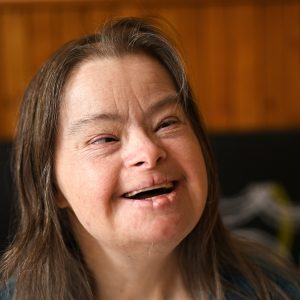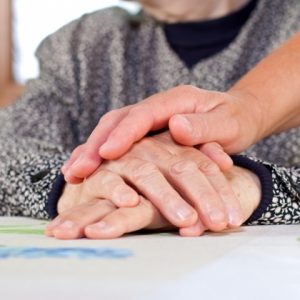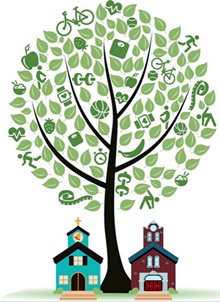The Depression-Dementia Link and What Caregivers Need to Know
Far too often I talk to family caregivers who are concerned about their loved one's cognitive decline. It is not uncommon to hear such explanations go something like this:
Posts about:

Far too often I talk to family caregivers who are concerned about their loved one's cognitive decline. It is not uncommon to hear such explanations go something like this:

Research confirms that by the age of 40, almost 100% of persons with Down syndrome who die have changes in the brain associated with Alzheimer's disease (AD). Understanding this link and the challenges of a diagnosis of AD in persons with Down syndrome is important for families and healthcare professionals.

Delirium is an acute disorder of attention and global cognition, including perception and memory, and is treatable. Learning the differences between delirium and dementia is important for professional and family caregivers, as the diagnosis is missed in more than 50% of the cases.

As a long time family caregiver and professional in this field, I can tell you that the myriad of emotions that caregivers face on a daily basis is complex and ever-changing. That said, grief, guilt, and anxiety are certainly at the top of the list. How can we, as professionals in this field, better understand family needs and partner alongside them on this difficult journey?

No longer is dementia a looming public health threat. It is a global crisis affecting healthcare systems, delivery of long-term care, worker shortages, community infrastructure, families and most importantly, the quality of life for persons living with dementia.

Faith-based hospital organizations recognize the impact of partnerships with their local faith-based communities. The important role of faith community nursing programs is to bridge the gap in helping congregational nurses to meet the needs of their faith communities.

It's no secret that families tend to shy away from the topics of money and death more often than not. The fact, however, is that caregiving decisions often revolve around money, as care options will vary greatly depending on one's assets. So money plays a very important role in the choices that are made and discussions that take place between family members.